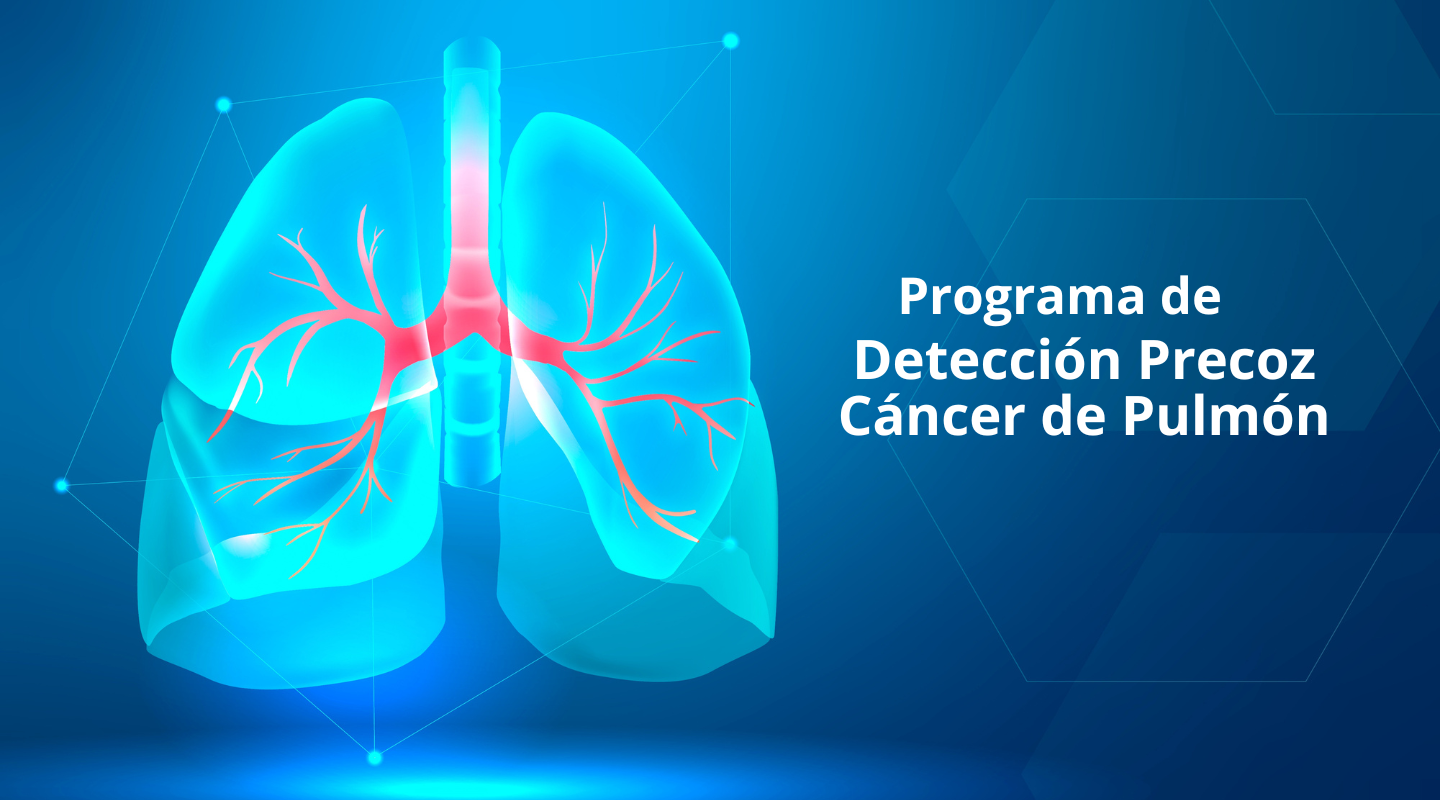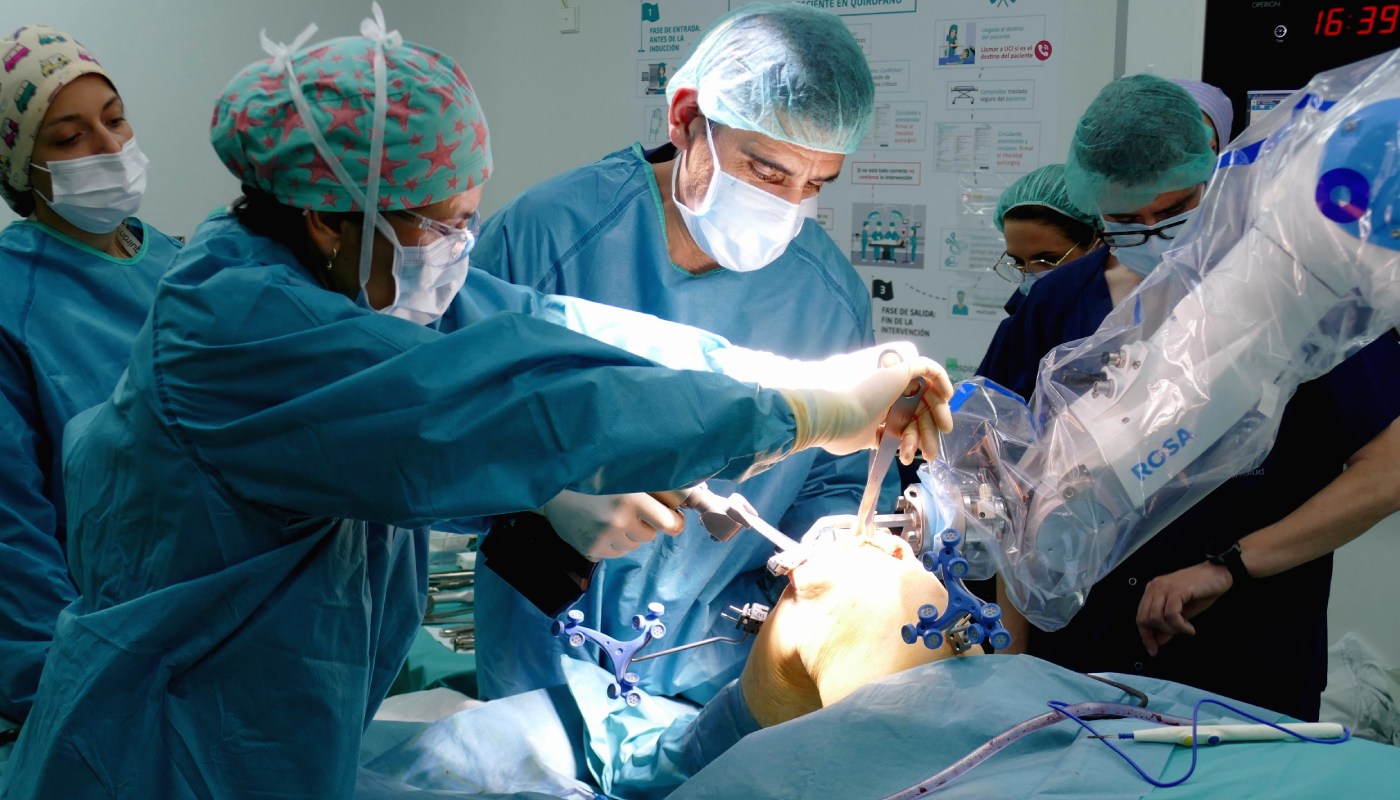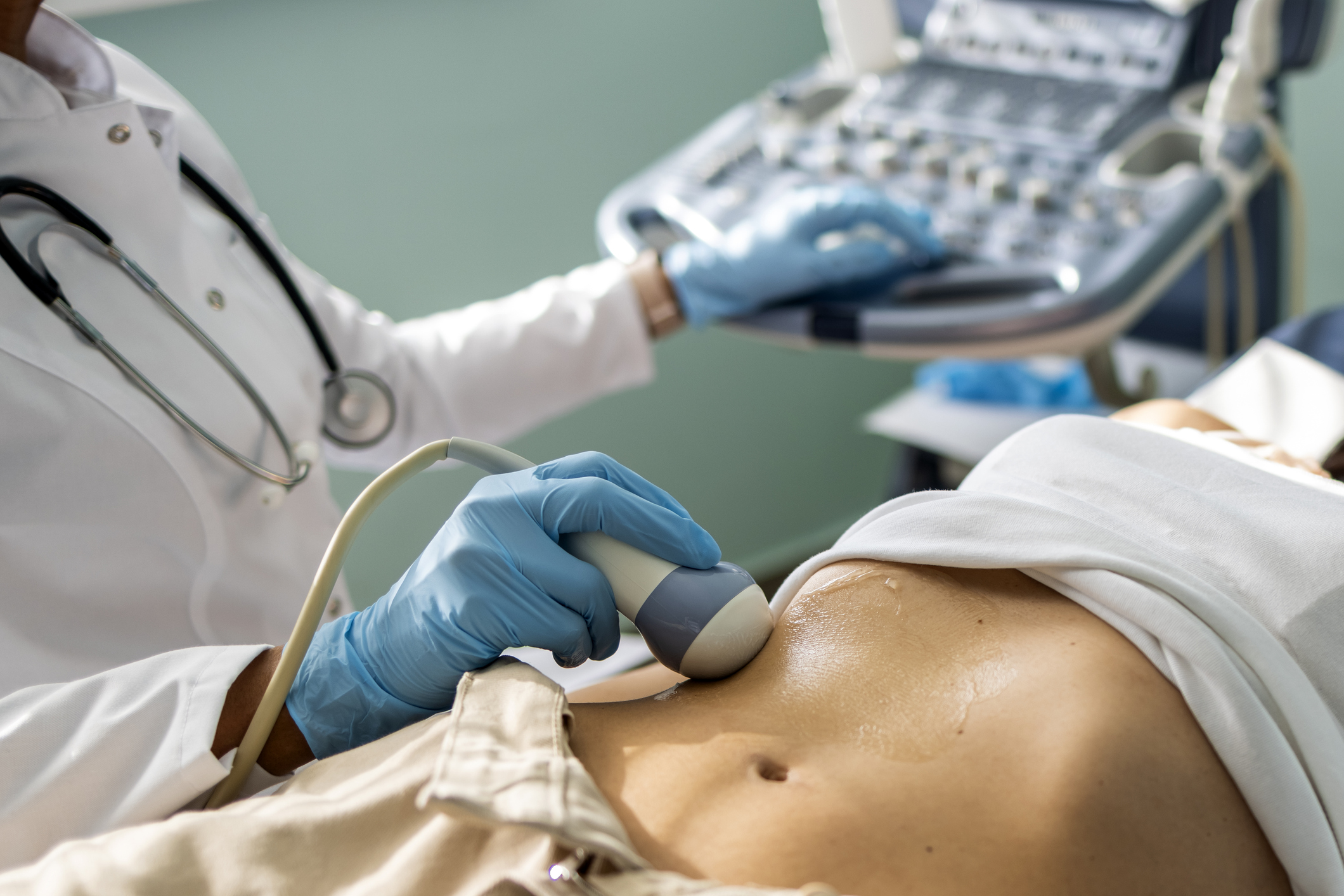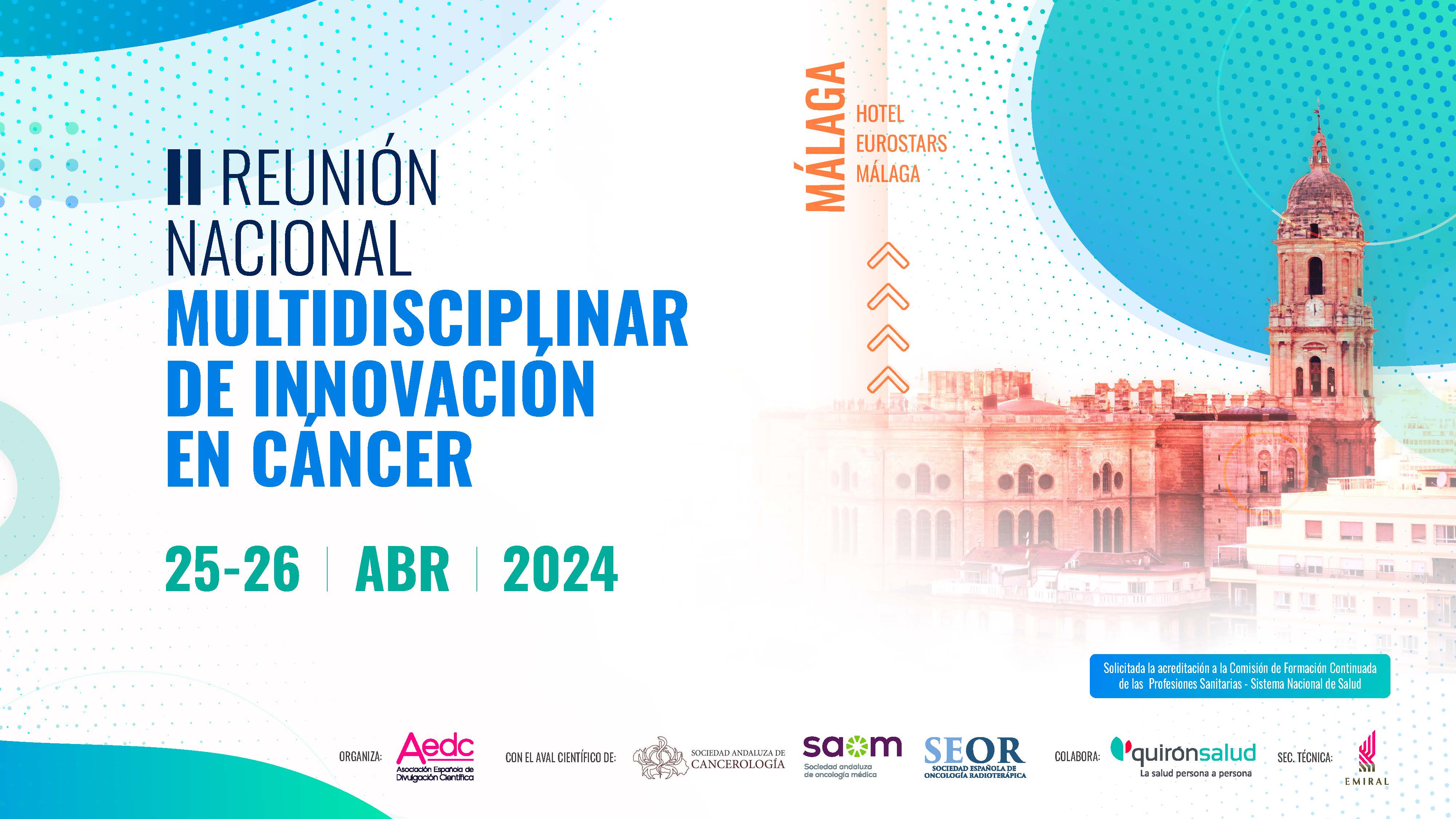Self-esteem can rise up to 17% at the time of purchase

Experts from Quirónsalud de Torrevieja and Valencia estimate that there is a 3% of the Spanish society with an average age of 40 years that suffers from a problem of impulse control which is called "shopping addiction" or "compulsion to buy". This disorder affects two thirds more women than men. According Miguel Sánchez, specialist in Psychology in the Hospital Quirónsalud Torrevieja, "the fact of consuming compulsively is just the tip of the iceberg of an emotional problem that is rooted in the depths of the psyche of those who suffer from it".
The self-esteem of a person can increase up to 17% at the time of acquiring certain consumer goods. Compulsive and unplanned purchases, of items that are not needed, for an amount that exceeds their economic possibilities, constitute, in broad strokes, the characteristics that define a shopping addict, a disorder that, in many cases, is not perceived as such.
What happens in our brain when we buy
When making a purchase activates what we know as a reward circuit, in which we feel good when we reach a goal. In this case, the goal is to buy something we like or think we need. "Dopamine, also called the pleasure hormone", explains Dr. Marina Sangonzalo, psychologist of Hospital Quirónsalud Valencia, "it's the hormone that activates all that reward circuit and makes us have that need. This in turn activates serotonin, which is the hormone responsible for making us feel happy. It's like saying to yourself "I can feel happy shopping."
The difference between a person who is addicted to purchases from a person who is not basically resides in the quick activation of that reward circuit, since they may be depressed or lack self-esteem and tend to be tempted more easily. "This psychological disorder is called onychomania and is often common in people with mood alterations and high impulsivity," says Dr. Sangonzalo.
During the period of sales such as Black Friday and Christmas shopping, the consequences of shopping addiction are more clearly emphasized and exposed, when the anxiety of the patient increases, who tries to palliate it with impulses. "Want and need are two terms that people with compulsive buying behaviors tend to confuse," adds Dr. Sánchez.
How to prevent addiction
First, you should ask for help to the immediate environment and go to the right professionals, because "it is essential that the person becomes aware of the serious problem that can hardly leave by itself," advise the specialists. Psychotherapy and the assessment by the psychiatrist to treat or rule out other associated mental disorders will be essential if you want to guarantee a successful prognosis without relapses. This will be the only way to close a chapter that the individual who suffers from addiction lives with shame and anguish.
Current events
Current events
- 18 de abril de 2024
La Fundación Jiménez Díaz pone en marcha el Servicio de Atención Integral al Viajero Internacional para...
La consulta aporta asesoramiento personalizado, un calendario de vacunación individualizado, en caso de ser necesario, y pautas de profilaxis y tratamientoHospital Universitario Fundación Jiménez Díaz - 19 de abril de 2024
Los centros de Quirónsalud en Tenerife colaboran en la primera edición de la carrera solidaria Ruta 091
Los hospitales Quirónsalud Tenerife, Quirónsalud Costa Adeje y Quirónsalud Vida velarán por la salud de todos los participantes de la carrera solidaria Ruta 091 que organiza ...Hospital Quirónsalud Costa AdejeHospital Quirónsalud TenerifeHospital Quirónsalud VidaUrgencias - 19 de abril de 2024
Quirónsalud, Healthcare Partner del Rafa Nadal Academy Padel Tour by Adecco Group
Un nuevo circuito de pádel amateur que recorrerá diferentes ciudades españolas, con el objetivo de aunar competición, ocio, diversión y valores.Quirónsalud - 19 de abril de 2024
Hospital Quirónsalud Barcelona pone en marcha el programa de Detección Precoz de Cáncer de Pulmón
El cribado de cáncer, junto al abandono del consumo de tabaco, ha demostrado ser la estrategia principal en la reducción de la mortalidad por cáncer de pulmón. A partir de ah...Hospital Quirónsalud BarcelonaMedicina Interna - 19 de abril de 2024
Un robot ayuda a colocar prótesis de rodilla adaptándose a las características de cada paciente
El Hospital Universitario Quirónsalud Madrid utiliza el robot ROSA que ayuda a los cirujanos a calcular la mejor posición y el tamaño de la prótesisHospital Universitario Quirónsalud MadridCirugía Ortopédica y Traumatología - 19 de abril de 2024
La Dra. Adriana Izquierdo-Domínguez, alergóloga de Centro Médico Teknon, nombrada Académica de Mérito...
Este nombramiento es un reconocimiento a su trayectoria profesional y su aportación al mundo del perfume y sus campos relacionados.Centro Médico Teknon - 19 de abril de 2024
‘El hígado graso metabólico debe ser controlado por sus múltiples factores de riesgo’
• Quirónsalud Huelva, con la incorporación del doctor Francisco Reina Solano, refuerza el equipo médico especializado en su estudio y tratamiento.Hospital Quirónsalud HuelvaAparato Digestivo - 18 de abril de 2024
Quirónsalud, Healthcare Partner del Mutua Madrid Open de tenis
Las mejores raquetas del tenis mundial se dan cita en este torneo, que se disputa en la Caja Mágica del 22 de abril al 5 de mayo.Quirónsalud - 10 de mayo de 2024
III VENOUS SUMMIT CCEV 2024 Endovascular Surgery Chapter
3ª del VENOUS SUMMIT del CCEV En esta 3ª edición, que se celebrará los próximos 10 y 11 de mayo de 2024, mantendremos el formato horario de comenzar ese viernes a media mañan...Hospital Quirónsalud MálagaAngiología y Cirugía Vascular - 25 de abril de 2024
II Reunión Nacional Multidisciplinar de Innovación en Cáncer
JUEVES 25 DE ABRIL 15.30-16.30H Entrega de documentación.16.30-16.45H Bienvenida y presentación. Dr. Jorge Contreras Martínez / Dr. Manuel Cobo Dols / Dr. Tomás Urda Valcárc...Hospital Quirónsalud MálagaOncología Médica - 17 de abril de 2024
El Hospital Universitario Rey Juan Carlos implantará el programa MAIC Continuum para mejorar la transición...
El 3-5% de los ingresos hospitalarios en España son debidos a la insuficiencia cardiaca, primera causa de hospitalización en mayores de 65 años en España Más de 20 hospitales...Hospital Universitario Rey Juan Carlos - 17 de abril de 2024
El Hospital Universitario Infanta Elena implantará el programa MAIC Continuum para mejorar la transición...
El 3-5% de los ingresos hospitalarios en España son debidos a la insuficiencia cardiaca, primera causa de hospitalización en mayores de 65 años en España Más de 20 hospitales...Hospital Universitario Infanta Elena - 17 de abril de 2024
El Hospital Universitario General de Villalba implantará el programa MAIC Continuum para mejorar la transición...
El 3-5% de los ingresos hospitalarios en España son debidos a la insuficiencia cardiaca, primera causa de hospitalización en mayores de 65 años en España Más de 20 hospitales...Hospital Universitario General de Villalba - 17 de abril de 2024
El doctor Héctor Meijide, organiza la II Reunión del grupo de asistencia compartida e interconsultas...
El encuentro médico, abordará la asistencia compartida entre cirujanos e internistas en el proceso de la cirugía abdominal mayor, de colon y hepatobiliopancreáticaHospital Quirónsalud A CoruñaMedicina Interna - 17 de abril de 2024
Un equipo del CNIC identifica dianas terapéuticas para prevenir el daño cardiaco asociado a una terapia...
La investigación está liderada por el Dr. Borja Ibáñez, director científico del Centro Nacional de Investigaciones Cardiovasculares (CNIC), cardiólogo intervencionista en la ...Hospital Universitario Fundación Jiménez Díaz












